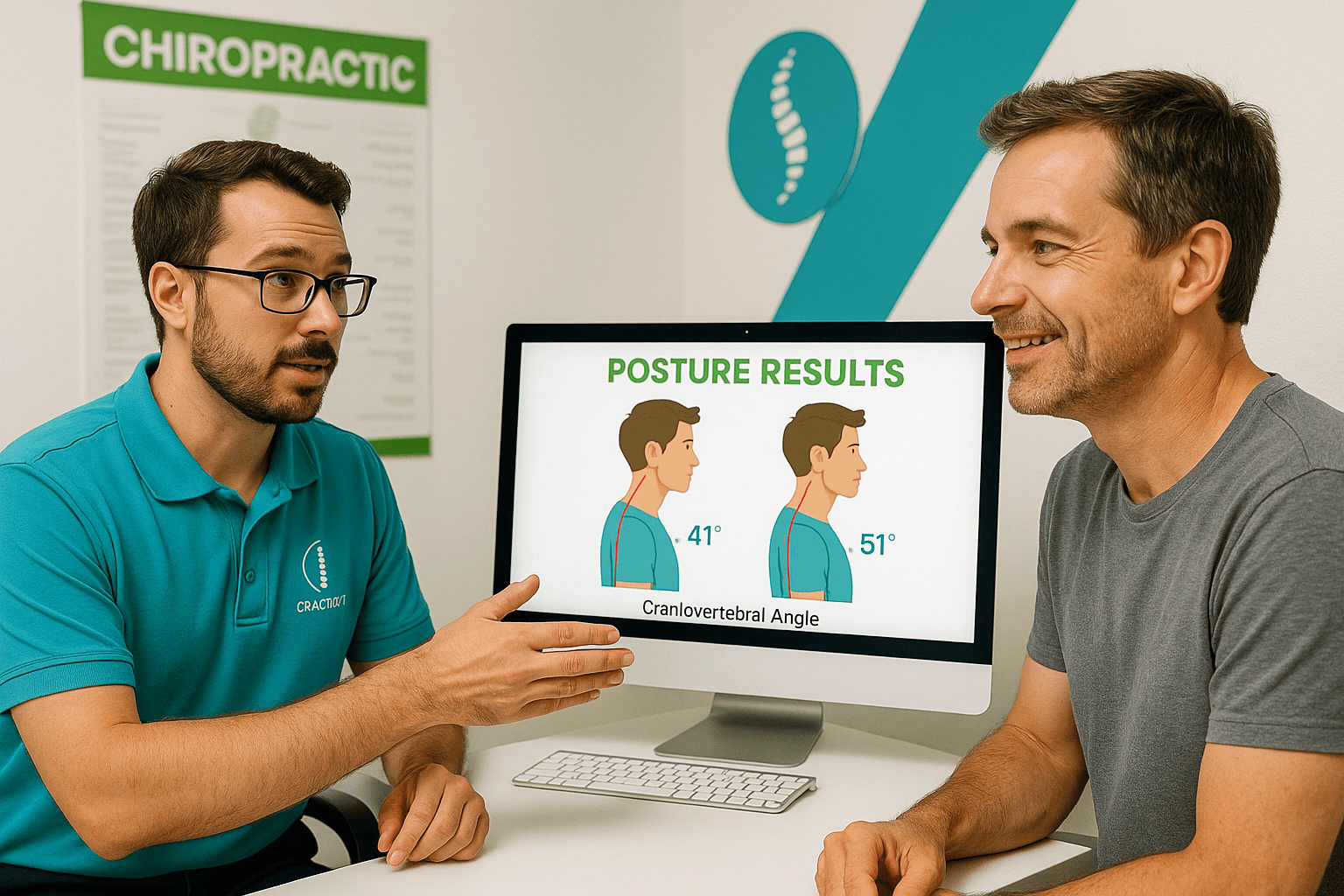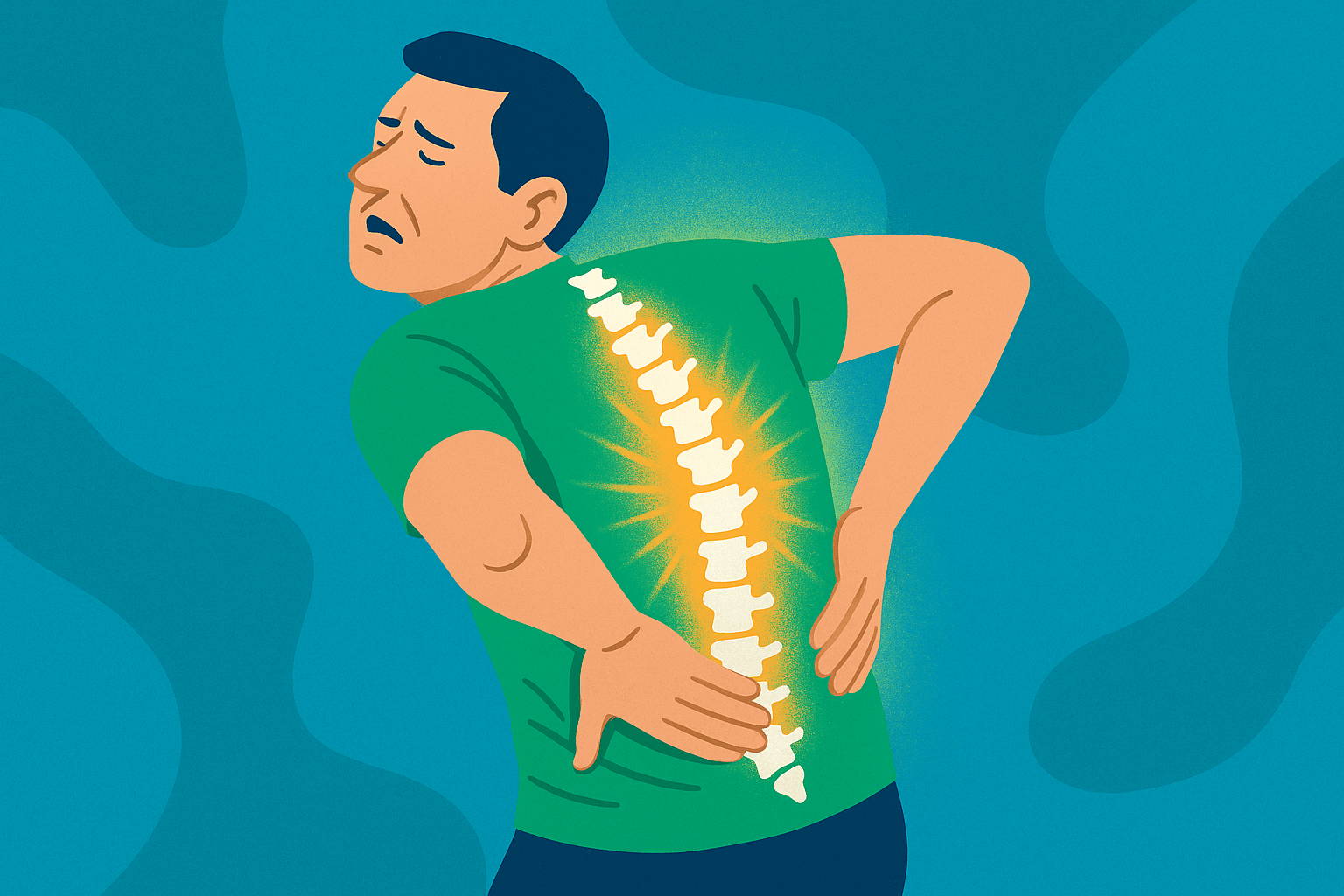Introduction
Think posture is just about looking taller or avoiding back pain? Think again. Recent research suggests the way you sit, stand, and move could have a real impact on your immune system. With so much focus on immunity these days, could fixing your slouch make you less likely to get sick? Let’s dive into the science, bust some myths, and discover whether posture correction could be your new secret health weapon.
Jump to:
TLDR – Quick Guide
- Bad posture does more than hurt your back—it may stress your body and affect your immune response.
- Posture correction can help your nervous system, breathing, and circulation—all vital for immunity.
- Science is beginning to connect the dots between posture, stress hormones, and immune health.
- Small daily changes (like sitting straight and moving often) might make you feel better and fend off illness.
- No magic bullet, but good posture is an easy win for whole-body health.
Detailed Breakdown
How Your Posture Talks to Your Body
When you slouch, it’s not just your reflection that suffers. Poor posture compresses your chest, strains your spine, and reduces lung capacity. That means less oxygen in, more shallow breathing, and a cascade of subtle stress signals through your nervous system. Over time, this constant “body stress” can sap your energy and—believe it or not—mess with your immune function.
The Science—Posture, Stress, and Immunity
Chronic slouching can increase stress hormone (cortisol) production. Cortisol is infamous for suppressing immune function—think slower healing, higher infection risk, and more inflammation. Meanwhile, an upright posture has been shown to boost feelings of alertness and confidence and even reduce perceived stress. A nervous system that’s “chilled out” is much better at orchestrating an effective immune response.
The Anatomy Connection—Why Straight Matters
Your spine isn’t just a stack of bones; it’s the main highway for your nervous system. Good posture ensures your nerves aren’t pinched or blocked, allowing efficient communication between your brain and the rest of your body—including your immune organs (like the spleen and lymph nodes). Better alignment means better nerve flow, which can influence immune regulation.
Breathing Deeply—Oxygen and Immunity
Slouch and your lungs can’t fully expand. Sit or stand tall, and you take in more air, oxygenating your blood and helping immune cells function at their best. Studies show that deep, diaphragmatic breathing (easier with good posture) is linked to lower inflammation and improved resistance to respiratory bugs.
Posture Correction in Practice—What Works?
You don’t need to become a ballerina. Start by noticing your alignment during the day: shoulders back, chin tucked, feet flat. Regular stretching, posture-focused exercises, and ergonomic tweaks to your workspace can make a world of difference.
Advanced BioStructural Correction offers hands-on help for stubborn cases.
Is It a Cure-All? Not Quite, But…
Let’s be clear: fixing your posture won’t make you immune to every virus. But considering the way posture influences breathing, nerve health, and stress—three pillars of immune resilience—it’s an incredibly low-effort way to support your system. Think of it as one tool in your “wellness toolkit.”
Key Takeaways
- Posture correction isn’t just about pain—it may help your immune system work better.
- Science links upright posture to lower stress and improved breathing, both vital for immunity.
- Consistent, small changes in alignment can bring big health rewards.
- Don’t expect miracles, but do expect more energy, less tension, and maybe fewer sick days.
FAQs
1. Can improving my posture really make me less likely to get sick?
Correcting your posture can reduce physical stress, enhance breathing, and support healthy nerve function—all factors that help your immune system work more efficiently. While it’s not a guarantee against illness, it’s a smart step in your overall health routine.
2. Is there scientific evidence that posture correction helps immunity?
Emerging studies suggest links between posture, stress hormone levels, and immune response. While more research is needed, the physiological connections—especially improved breathing and reduced stress—make a compelling case for posture’s indirect role in immunity.
3. How quickly can I expect to see immune benefits from better posture?
Improvements in breathing, mood, and energy can happen within days of correcting your posture. Immune system changes are more gradual but may become noticeable over weeks or months as your body adapts.
4. Do I need a professional to fix my posture?
Not always. Many people see results from simple daily awareness and exercises. However, if you have chronic pain or severe alignment issues, consulting a chiropractor, physiotherapist, or posture specialist can accelerate your progress.
5. Can poor posture make existing health conditions worse?
Absolutely. Poor posture can worsen back pain, headaches, fatigue, and even some respiratory and digestive problems. Improving your posture often brings noticeable relief and may help manage chronic conditions.






